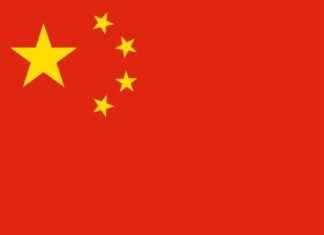The authorities of the Netherlands detected on July 25 a consignment of grapefruit contaminated with glufosinate, a herbicide banned in European agriculture since 2018. The fruits, which came from South Africa, also had the “organic” category (without pesticides or herbicides) in their country of origin.
In non-organic products, the maximum limit allowed by the European Union for this substance is 0.05 mg/kg. In these grapefruits, the laboratory in charge of their analysis detected amounts between seven and ten times more; from 0.39mg/kg to 0.51mg/kg. These figures are considered dangerous not only because of their environmental impact, but above all because of their risk to consumer health.
“It is not understandable that a product that travels 12,000 kilometers, which consumes highly polluting diesel in transport, is also contaminated with a herbicide,” argues Cristóbal Aguado, president of the Valencian Association of Farmers (AVA-ASAJA).
The entity calls on the European Commission to carry out greater control over the entry and labeling of certified organic foreign products that are sent to Europe under the pretext that there is inequality in phytosanitary requirements that usually benefits imported products compared to European production.
“The constant permissiveness and hypocrisy of Europe towards products that come from outside, as well as the lack of reciprocity in phytosanitary requirements, cause our farmers to be forced to abandon their farms, but what is more serious, they entail a risk for the health of the population and are a fraud for European consumers, by carrying harmful residues” denounces the president of AVA-ASAJA, Cristóbal Aguado.






